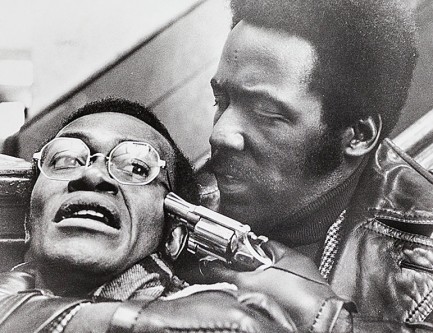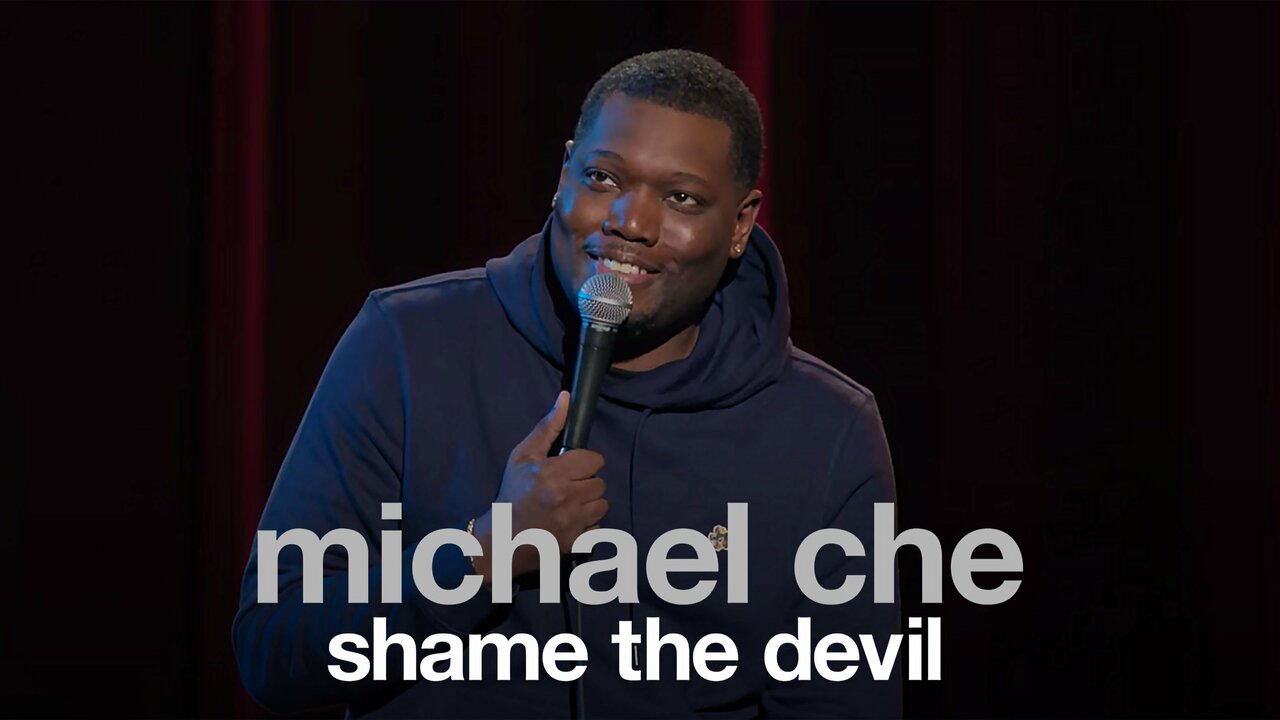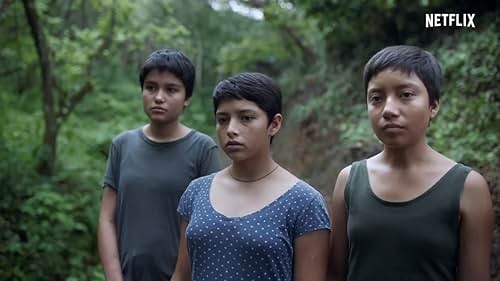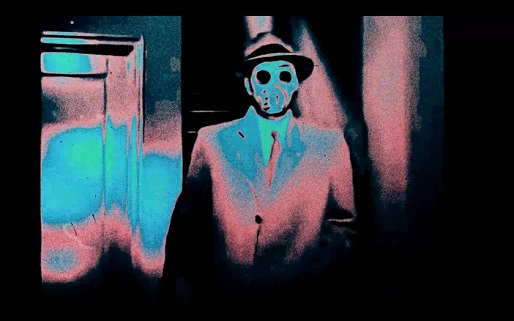

Shaft's Big Score! - This is the 1972 followup to 1971's popular and gritty private detective flick starring Richard Roundtree as the bad mofo himself. But even though Shaft would certainly be considered the definitive blaxploitation film it wasn't the first as some would assume. That honorarium would probably belong to 1970's Cotton Comes To Harlem or maybe 1971's Sweet Sweetback's Baadasssss Song, which was released a few months before Shaft. I don't think 1968's Uptight can be considered blaxploitation.
SBS! isn't as good as Shaft of course even though Roundtree, director Gordon Parks and writer Ernest Tidyman are all back. But it's a competent enough sequel I suppose. The movie opens with Harlem businessman Cal Asby emptying the safe at his combination insurance office and funeral parlor. He hides the money in a coffin and calls his friend John Shaft and tells the PI that he's in deep trouble and needs his help. When John pulls up outside the business a bomb goes off and Asby is killed. John is determined to find out who killed his friend while also protecting Asby's sister Arna (Rosalind Miles). He quickly learns that Asby and his business partner Johnny Kelly (Wally Taylor) had been running a numbers racket and that Kelly is in debt to gangster Gus Mascola (Joseph Mascolo) to the tune of 250,000 dollars. While Asby had been using his share of the illicit profits to bankroll Harlem charities Kelly had been running up huge gambling debts. Asby had offered to buy his partner out but Kelly got greedy and, not knowing the money was missing, had him killed instead.
There are good performances here from Julius Harris as Police Captain Bollin and Moses Gunn and Drew Bundini Brown, who return as Bumpy Jonas and Willy. Veteran character actor Joe Santos plays Mascola's right hand man Pascal. The story as well as the action aren't as tight and concise as they were in Shaft and there's a climactic chase scene at the end that just keeps going and going to the point of incredulity. But it's a worthy enough watch, especially for fans of Roundtree's indelible character.
65/100
Last edited by WHITBISSELL!; 11-19-21 at 12:12 PM.











